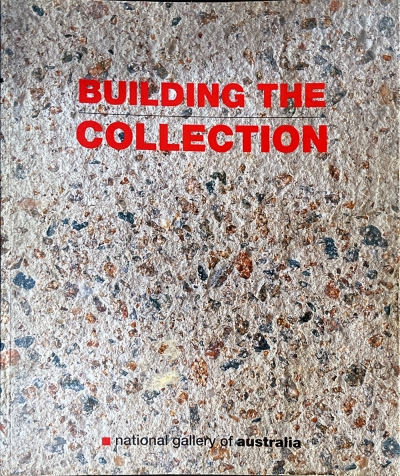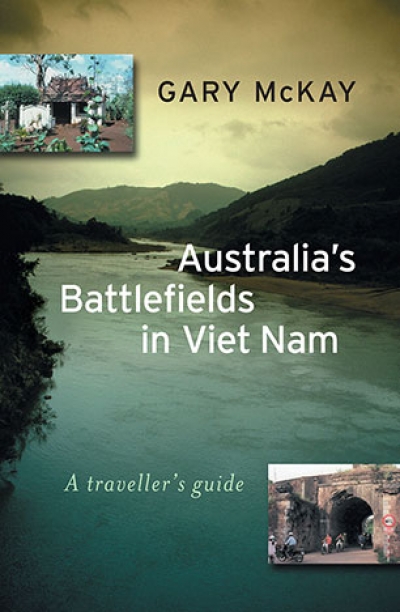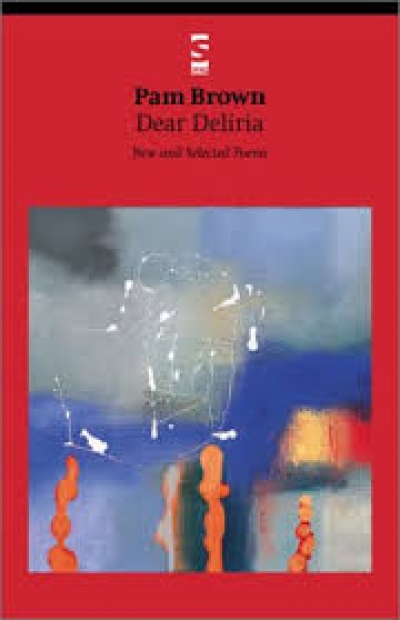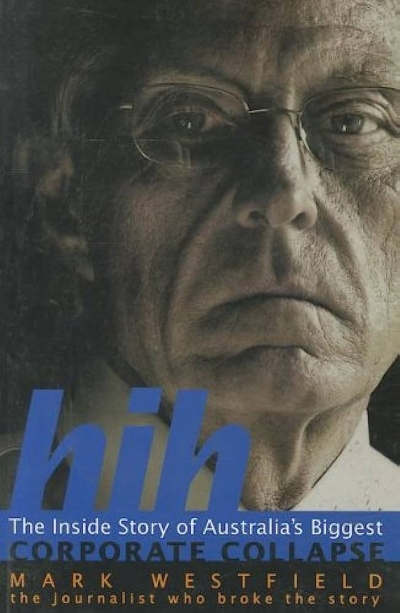Review
What Australia Means to Me by Bob Carr & Bob Carr by Andrew West and Rachel Morris
by Beverley Kingston •
Australia’s Battlefields in Viet Nam by Gary McKay & On the Offensive by Ian McNeill and Ashley Ekins
by Jeffrey Grey •
Summer Visit by Antigone Kefala & The Island/L’île/To Nisi by Antigone Kefala
by Stathis Gauntlett •
Turning off the Television by Jock Given & Media mania by Hugh Mackay
by Prue Torney-Parlicki •
This important book succeeds in forcing us to see and hear the individuals hidden from knowledge and understanding behind the razor wire of Australia’s detention centres. The opening chapter, ‘The Iron Curtin’, presents material that, even if familiar to some, still has the power to shock. I was jolted once more by the cold facts of our treatment of refugees a ...
HIH: The inside story of Australia's biggest corporate collapse by Mark Westfield
by Gideon Haigh •










